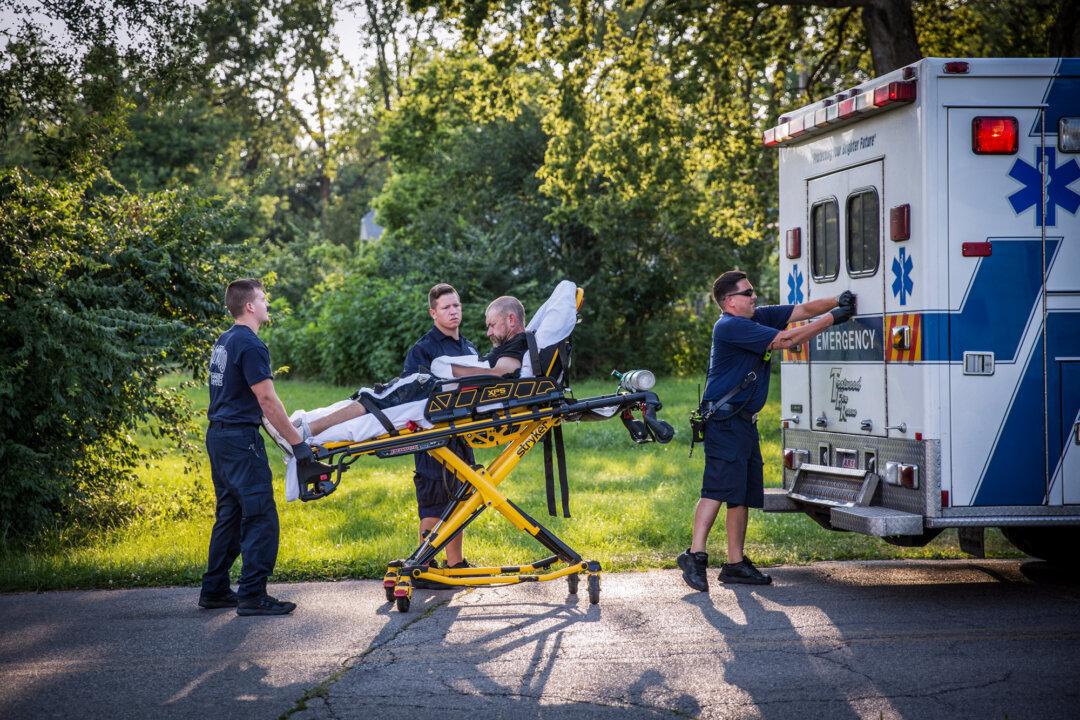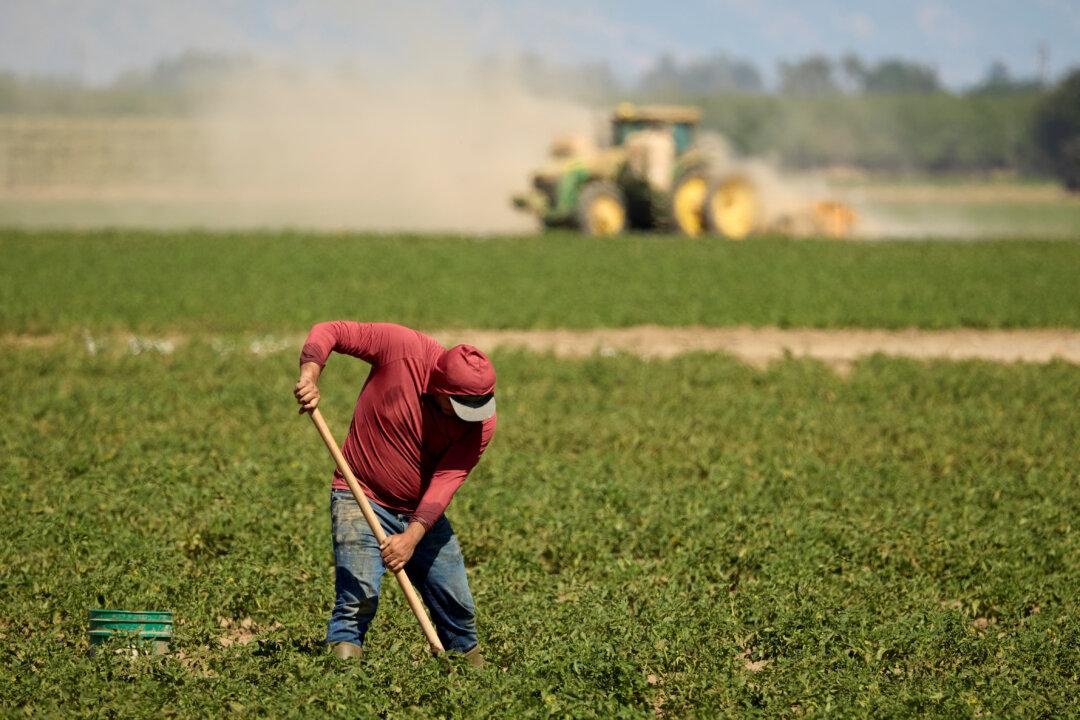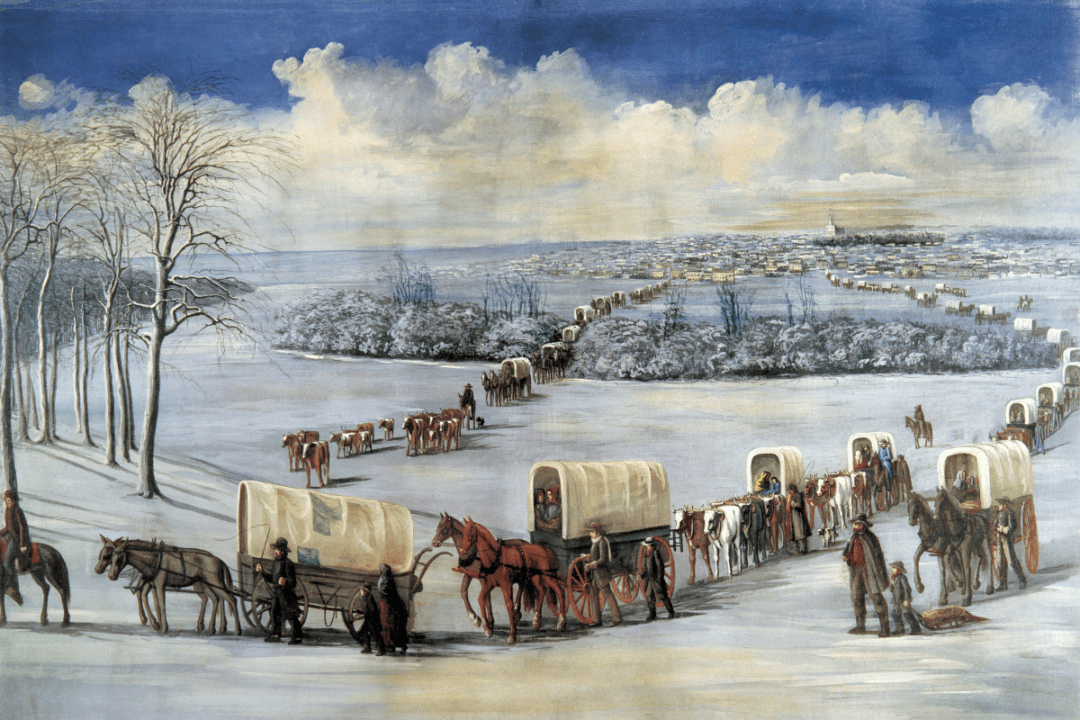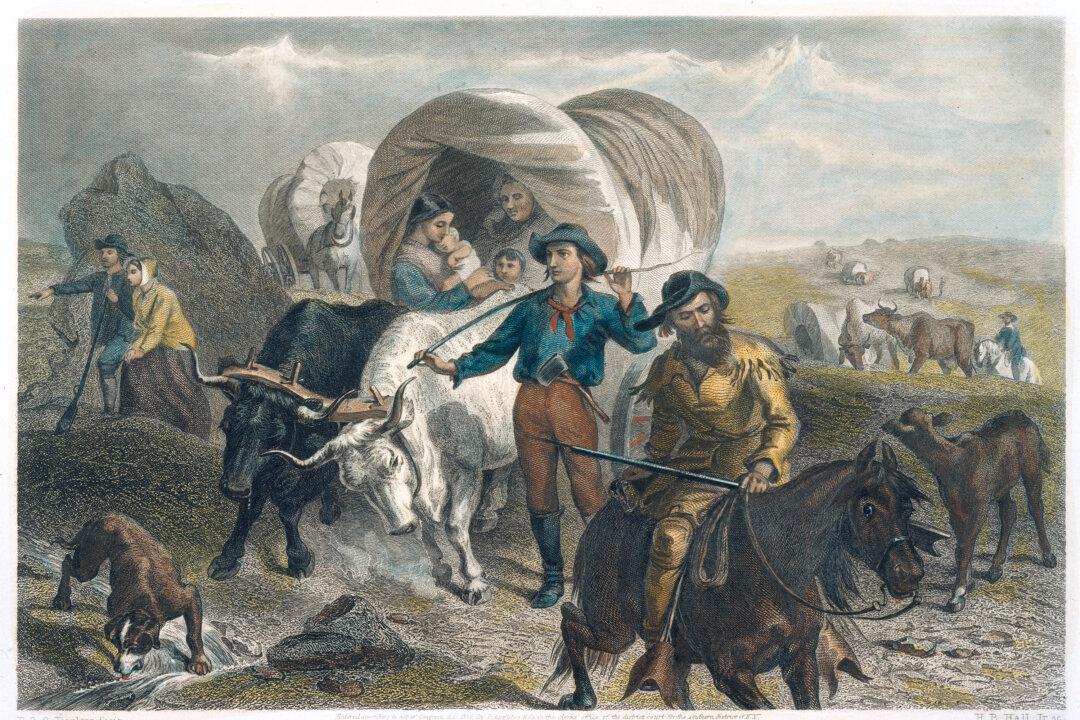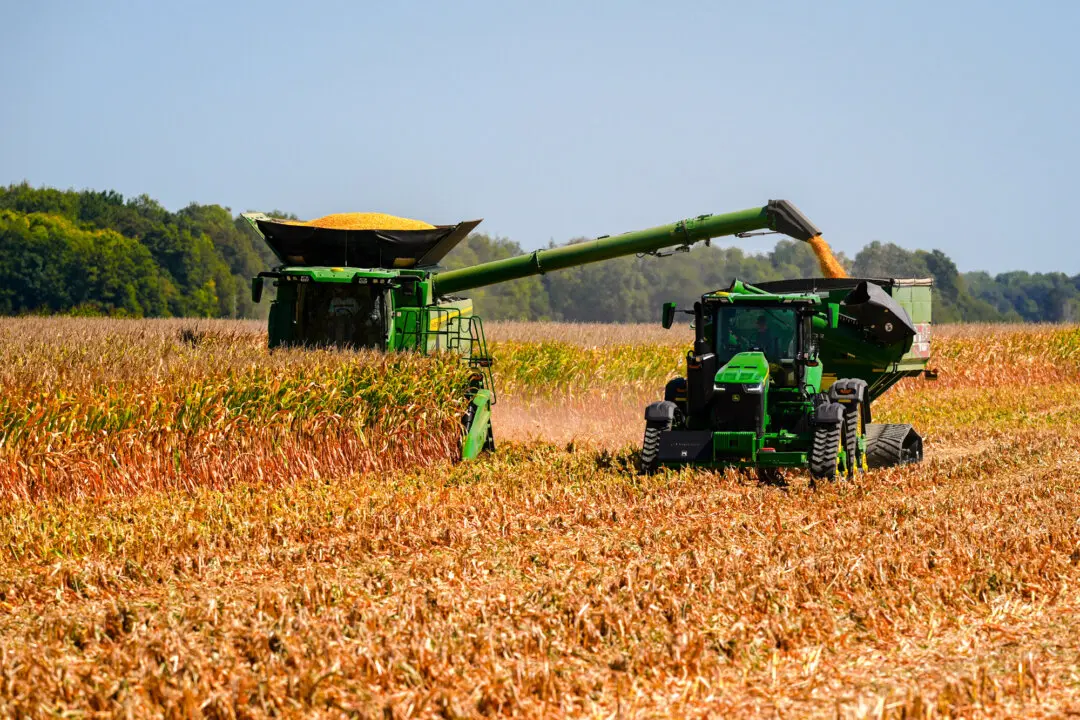Commentary
This week, as my husband and I were driving home along the backroads of Texas, I received a text from a high school friend. Another person we knew had died. I am 47 years old now, and I went to a very small school with only about 265 students in the entire school and fewer than 40 in my graduating class. Yet I cannot count on both hands the number of my classmates who have died, many of them from drug overdoses.
